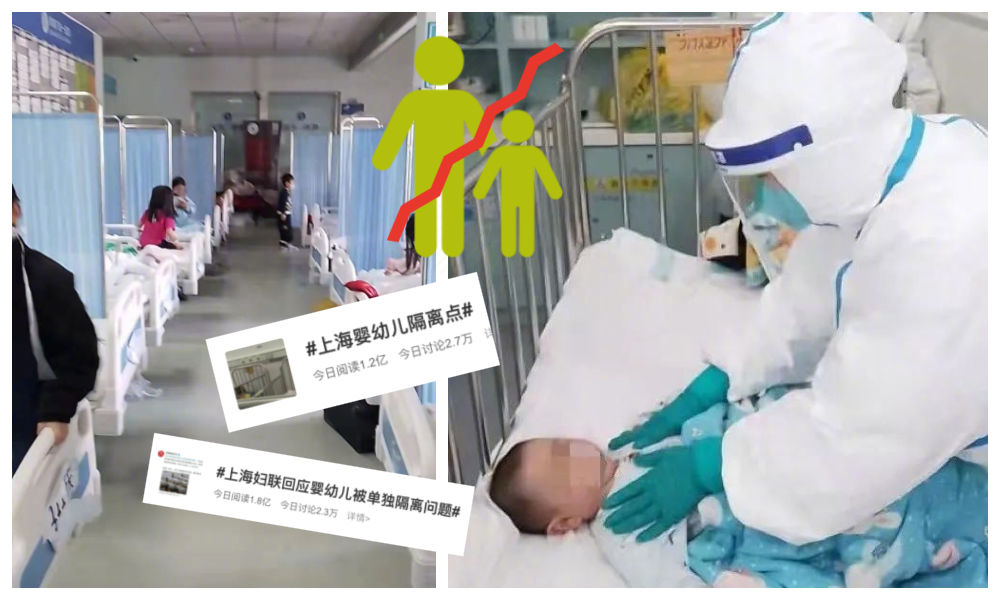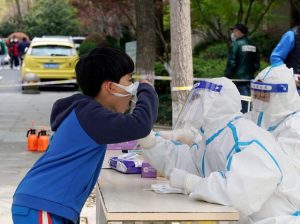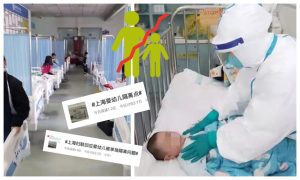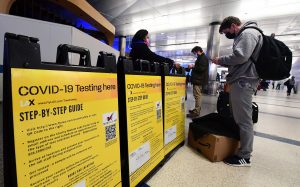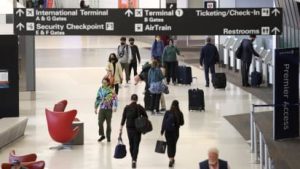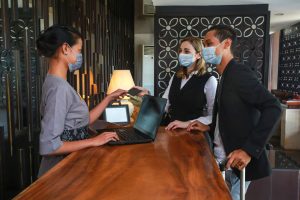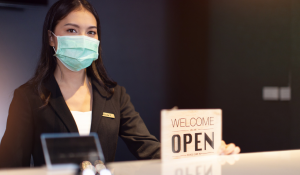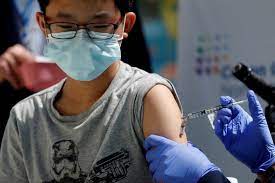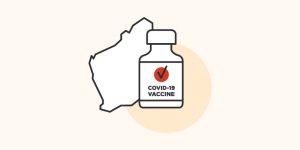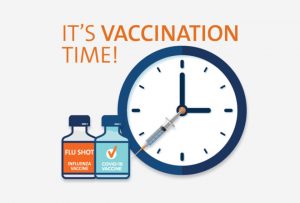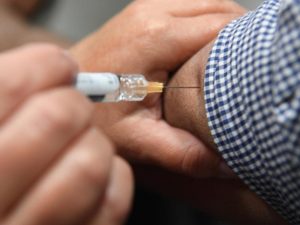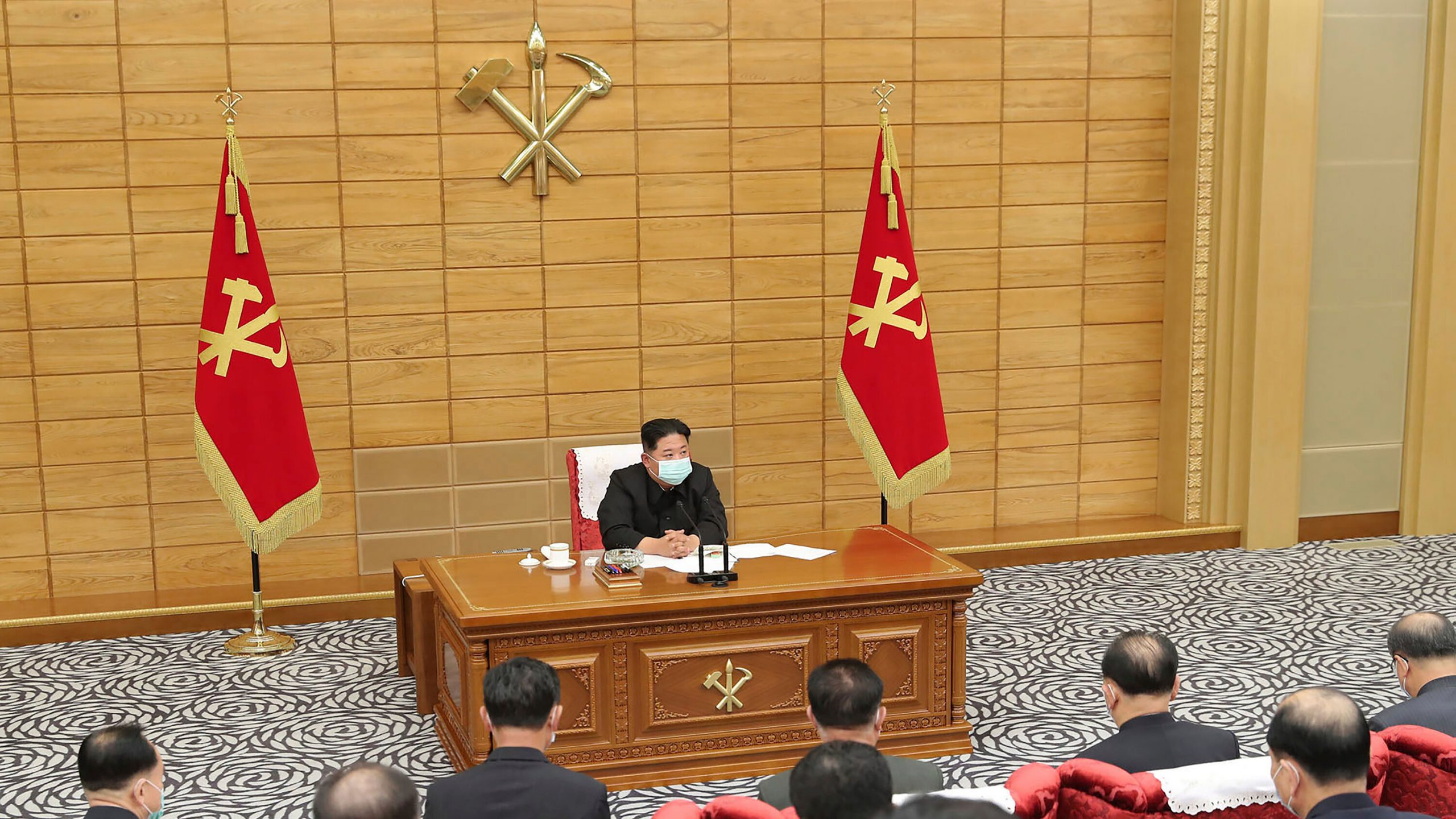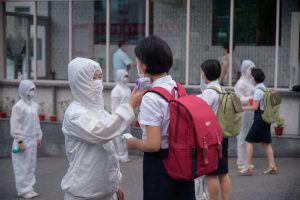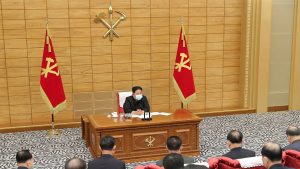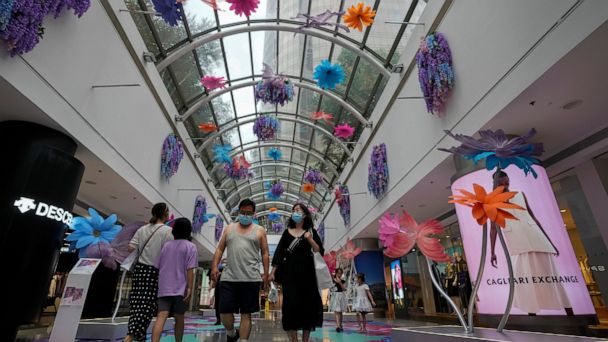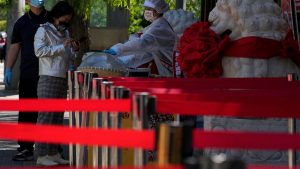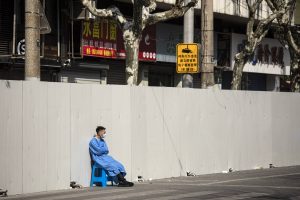(Worldwide) Israel offers fourth dose
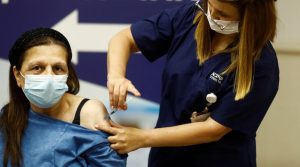
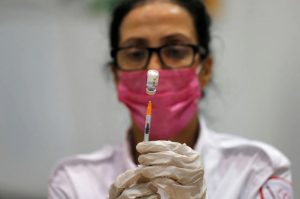
Prime Minister Naftali Bennett says Israel will offer a fourth dose of COVID-19 vaccine to people over 60 and medical staff as it faces a surge in Omicron variant infections. Israel last week approved a fourth dose of the vaccine developed by Pfizer and BioNTech, a second booster, for people who are immune-compromised and the elderly living in care homes.
Herd immunity is the point at which a population is protected from a virus, either through vaccination or by people having developed antibodies by contracting the disease.Daily cases in Israel are expected to reach record highs in the coming three weeks.
(Worldwide) US cases ‘almost a vertical increase’
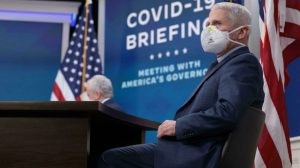
The United States is experiencing “almost a vertical increase” in COVID-19 cases as the Omicron variant sweeps the country, but the peak may be only weeks away, top US pandemic advisor Anthony Fauci said Sunday.
With the Omicron variant of the virus sweeping around the world, more than 440,000 new cases were reported in the US on Friday, almost exactly 200,000 more than during a peak last February.
But Dr Fauci said the experience of South Africa – where the strain was first detected in late November and peaked quickly, then subsided almost as quickly – offered some hope. Evidence is mounting, he added, that Omicron is milder than previous variants.
(Worldwide) Restrictions eased in South Africa
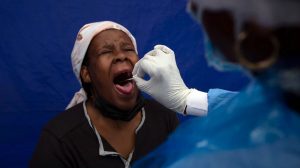
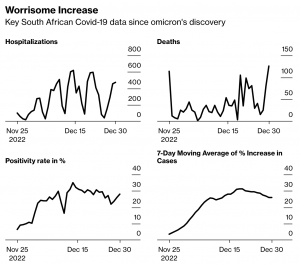
South Africa, where the Omicron variant was detected in November, said its latest coronavirus wave had likely passed its peak without a significant increase in deaths. The highly contagious Omicron variant, which contains a number of mutations, has fuelled an end-of-year global pandemic resurgence.
But mounting evidence, including in South Africa, has given rise to hopes it may be less severe than other strains. Infections dropped by almost 30 per cent last week compared to the preceding seven days, according to the presidency, while hospital admissions also declined in eight of the nine provinces. During the spike, only a marginal increase in COVID-19 deaths was noted, it added.
(AUS) NSW hospitalisations pass 1,000
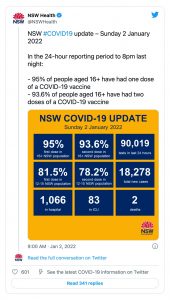
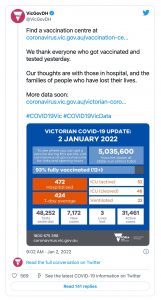
The state recorded two deaths from the virus, while 1,066 people are hospitalised, up from 901 on Saturday. There are 83 in intensive care. At the peak of the Delta outbreak, on 21 September, there were 1,266 people hospitalised with infections, and 244 in intensive care.
Testing numbers to 8pm on the first day of 2022 were down to 90,019, a drop from 119,278 on New Year’s Eve. The high case numbers come as Premier Dominic Perrottet continues to focus on hospitalisation and intensive care numbers rather than the daily case total.
Despite comprising about six per cent of the population, unvaccinated people make up the majority of those in intensive care, Health Minister Brad Hazzard says. To ensure hospital systems can cope, asymptomatic health workers who are in isolation due to being a close contact of a positive case will be permitted to leave isolation in “exceptional circumstances”, NSW Health announced on Friday night.
(AUS) SA scraps quarantine


South Australia will scrap the 14 days of mandatory quarantine for fully-vaccinated overseas arrivals from midnight on Friday, Premier Steven Marshall has announced. He also said, effective immediately, SA will no longer require interstate arrivals to take a rapid antigen test (RAT) or complete a border permit before entering the state.
It comes as New South Wales Premier Dominic Perrottet announced PCR tests would no longer be required for international arrivals entering the state. Instead, people arriving in NSW will now be able to complete a rapid antigen test and isolate until they return a negative result. They will be required to take another RAT on the sixth day after their arrival.
(AUS) Australia rings in 2022


Although farewell celebrations to the pandemic year of 2021 across the globe were almost as muffled as those that ushered it in, news that the Omicron variant wave appeared to be starting to recede brought hope for a happier New Year.
In Australia, New South Wales brought in the new year in a somewhat subdued fashion, heading into 2022 with a reduced crowd watching its iconic fireworks displays on Sydney Harbour.
In his New Year’s message, Prime Minister Scott Morrison referred to Australians’ optimistic spirit. Opposition Leader Anthony Albanese was also positive in his brief New Year’s message, while acknowledging 2021 had been “really tough” with people often isolated for long periods.



 COVID-19 Around the World3 years ago
COVID-19 Around the World3 years ago
 Cuisine Explorer4 years ago
Cuisine Explorer4 years ago
 Arabic2 years ago
Arabic2 years ago
 Cantonese - Traditional Chinese4 years ago
Cantonese - Traditional Chinese4 years ago
 Tagalog4 years ago
Tagalog4 years ago
 Uncategorized4 years ago
Uncategorized4 years ago
 Uncategorized4 years ago
Uncategorized4 years ago













